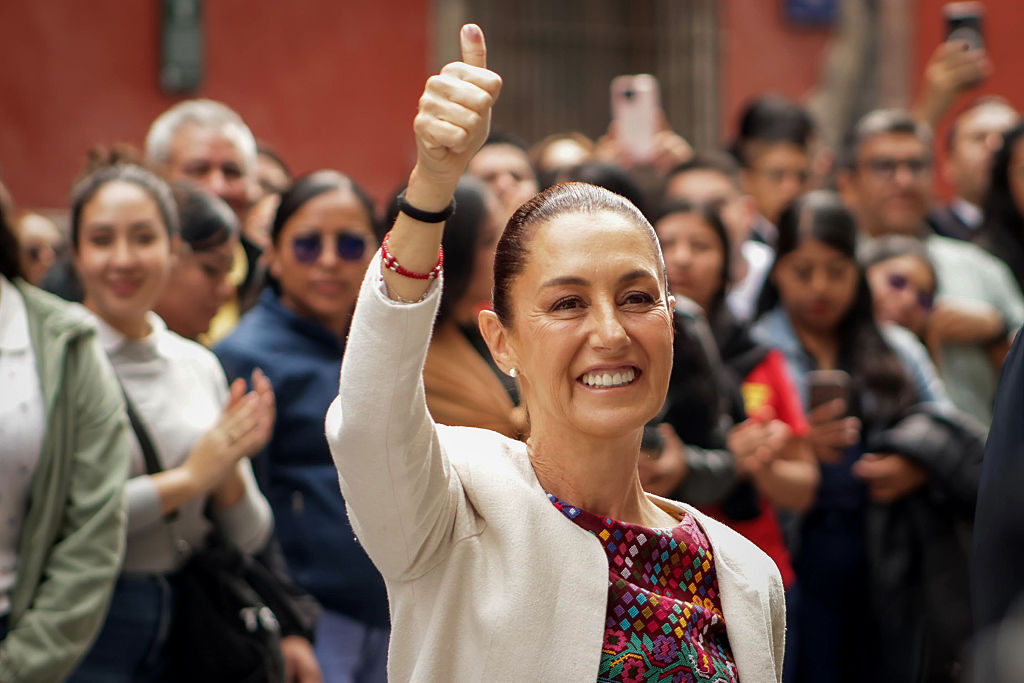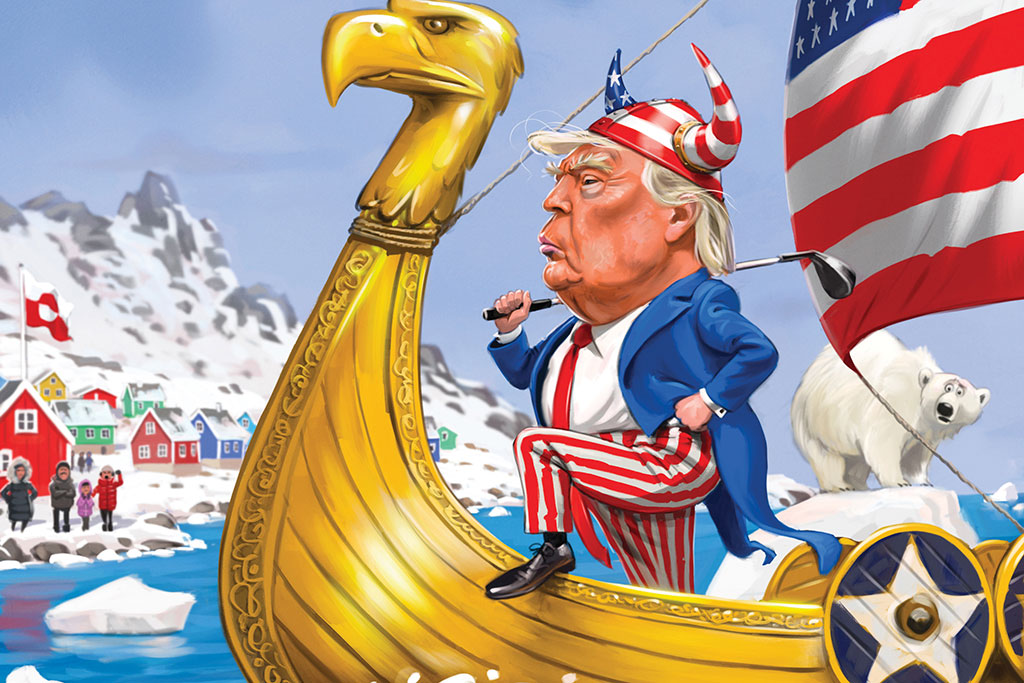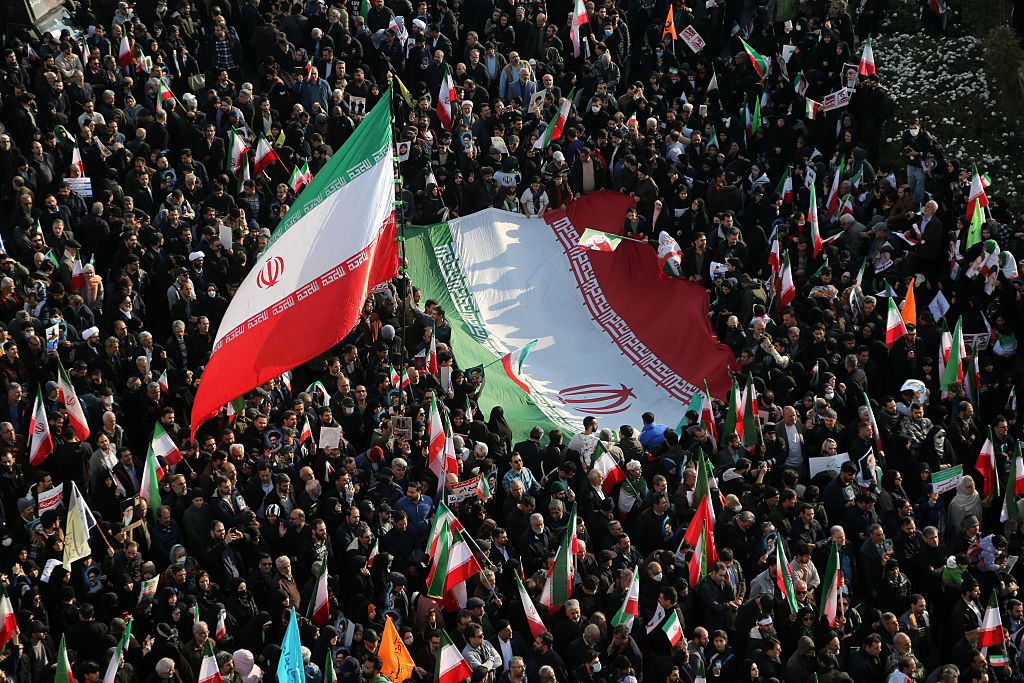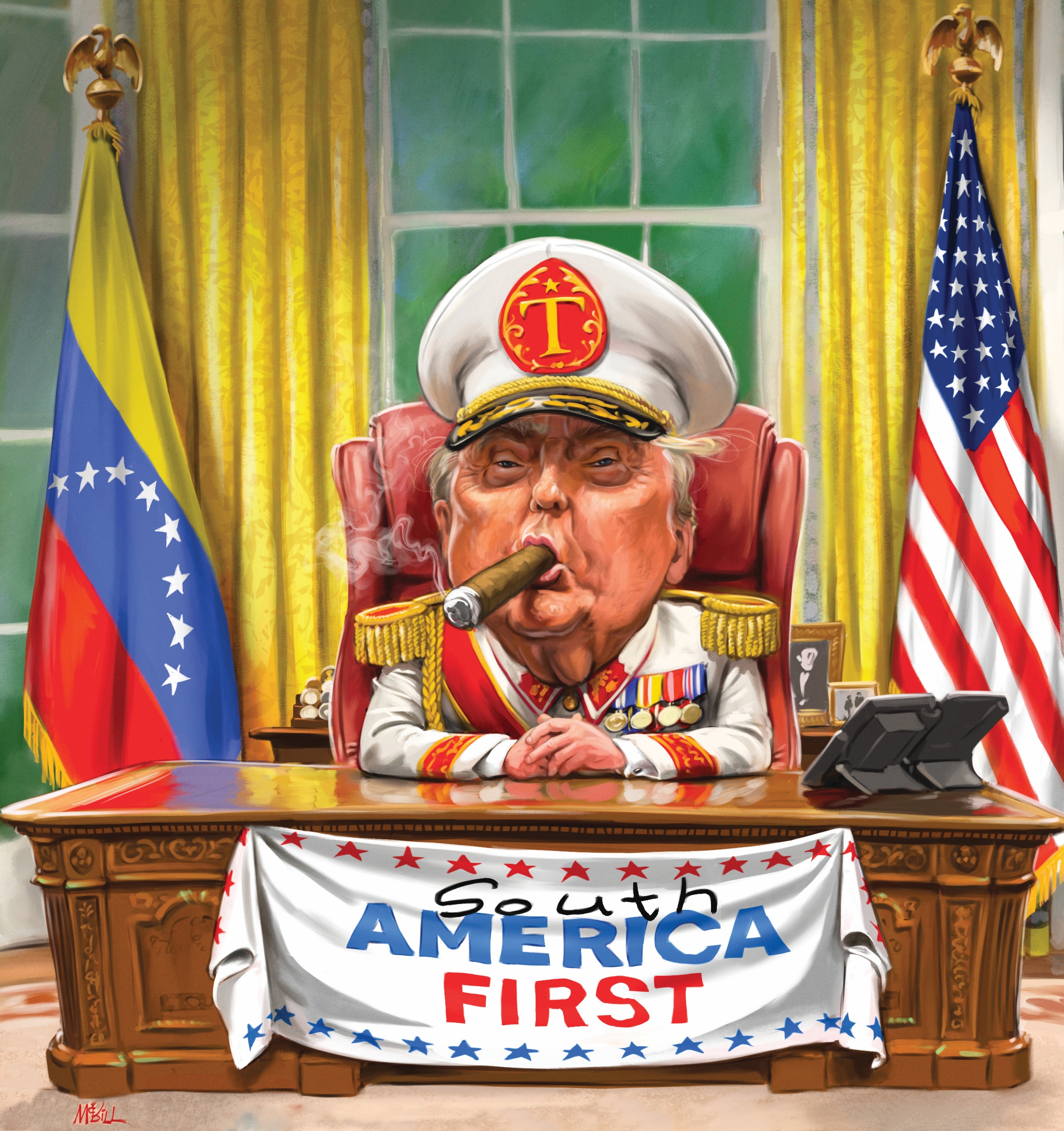Judicial elections: will Mexico’s bold political experiment come at a cost?
Mexico's historic judicial elections attracted little attention, but the implications could be far-reaching

Get the latest financial news, insights and expert analysis from our award-winning MoneyWeek team, to help you understand what really matters when it comes to your finances.
You are now subscribed
Your newsletter sign-up was successful
Want to add more newsletters?

Twice daily
MoneyWeek
Get the latest financial news, insights and expert analysis from our award-winning MoneyWeek team, to help you understand what really matters when it comes to your finances.

Four times a week
Look After My Bills
Sign up to our free money-saving newsletter, filled with the latest news and expert advice to help you find the best tips and deals for managing your bills. Start saving today!
Mexico is about to become “the first country in the world where every judge on every court is chosen by popular vote”, says The Economist. Judicial elections this month attracted little attention, with just 13% of voters turning out. Yet the implications could be far-reaching, with the contests overwhelmingly won by candidates with links to Morena, the left-wing ruling party. Supporters argue that reform is needed to root out corrupt judges. Opponents say that politicised judges remove the last meaningful check on the government of president Claudia Sheinbaum, which already commands congressional super-majorities.
What does Sheinbaum's consolidation of power mean for Mexico?
Writer Mario Vargas Llosa once dubbed Mexico the “perfect dictatorship”. Despite regular elections, the Institutional Revolutionary Party (PRI) exerted such dominance that the country was effectively a one-party state for much of the 20th century. Democracy took root after the PRI lost power in 2000, but now the country may be reverting to type as Sheinbaum consolidates power. Investors don’t appear to be worried. The local Mexbol stock index has gained 17% this year and hit a record high last month. Sheinbaum has defanged “Trump’s threats on trade”, says Craig Mellow in Barron’s. To general surprise, the “cerebral engineering Ph.D.” has proved a canny orchestrator of “drug-war theatrics”, dispatching army helicopters to blow up drug laboratories and handing dozens of “cartel capos” to US authorities.
Mexican shares still trade on a reasonable 12.2 times forward 12-month earnings, cheaper than the ten-year historical average of 13.6, say Kelsey Butler and Vinicius Andrade on Bloomberg. Latin American shares have spent the past decade struggling amid weak commodity prices, a strong US dollar and fractious politics, says Dan Lefkovitz for Morningstar. That left the region deeply out of favour, yet perhaps the rush for the exits was a “contrarian indicator”. The Mexican peso is up 9% against the US dollar this year. At a time of global trade uncertainty, investors appreciate the “defensive” nature of Mexican stocks, which boast “strong balance sheets” and are biased towards “steady” segments such as consumer staples.
MoneyWeek
Subscribe to MoneyWeek today and get your first six magazine issues absolutely FREE

Sign up to Money Morning
Don't miss the latest investment and personal finances news, market analysis, plus money-saving tips with our free twice-daily newsletter
Don't miss the latest investment and personal finances news, market analysis, plus money-saving tips with our free twice-daily newsletter
For all the trade squalls, Mexico’s proximity to the United States still gives its manufacturers a “near-shoring advantage”, adds Mary Anastasia O’Grady in The Wall Street Journal. But in the long-term, “terminating the independent judiciary” will come at a “high cost”. Foreign capital will be much warier of investing in a country where the legal system acts as a “subsidiary” of the government rather than an impartial enforcer of the law. Without credible contracts and property rights, the path to prosperity becomes much more difficult.
This article was first published in MoneyWeek's magazine. Enjoy exclusive early access to news, opinion and analysis from our team of financial experts with a MoneyWeek subscription.
Get the latest financial news, insights and expert analysis from our award-winning MoneyWeek team, to help you understand what really matters when it comes to your finances.
Alex is an investment writer who has been contributing to MoneyWeek since 2015. He has been the magazine’s markets editor since 2019.
Alex has a passion for demystifying the often arcane world of finance for a general readership. While financial media tends to focus compulsively on the latest trend, the best opportunities can lie forgotten elsewhere.
He is especially interested in European equities – where his fluent French helps him to cover the continent’s largest bourse – and emerging markets, where his experience living in Beijing, and conversational Chinese, prove useful.
Hailing from Leeds, he studied Philosophy, Politics and Economics at the University of Oxford. He also holds a Master of Public Health from the University of Manchester.
-
 Early signs of the AI apocalypse?
Early signs of the AI apocalypse?Uncertainty is rife as investors question what the impact of AI will be.
-
 Reach for the stars to boost Britain's space industry
Reach for the stars to boost Britain's space industryopinion We can’t afford to neglect Britain's space industry. Unfortunately, the government is taking completely the wrong approach, says Matthew Lynn
-
 How Canada's Mark Carney is taking on Donald Trump
How Canada's Mark Carney is taking on Donald TrumpCanada has been in Donald Trump’s crosshairs ever since he took power and, under PM Mark Carney, is seeking strategies to cope and thrive. How’s he doing?
-
 Why does Trump want Greenland?
Why does Trump want Greenland?The US wants to annex Greenland as it increasingly sees the world in terms of 19th-century Great Power politics and wants to secure crucial national interests
-
 'Investors should brace for Trump’s great inflation'
'Investors should brace for Trump’s great inflation'Opinion Donald Trump's actions against Federal Reserve chair Jerome Powell will likely stoke rising prices. Investors should prepare for the worst, says Matthew Lynn
-
 The state of Iran’s collapsing economy – and why people are protesting
The state of Iran’s collapsing economy – and why people are protestingIran has long been mired in an economic crisis that is part of a wider systemic failure. Do the protests show a way out?
-
 Why does Donald Trump want Venezuela's oil?
Why does Donald Trump want Venezuela's oil?The US has seized control of Venezuelan oil. Why and to what end?
-
 Market predictions for 2026: Will Dubai introduce an income tax?
Market predictions for 2026: Will Dubai introduce an income tax?Opinion My 2026 predictions, from a supermarket merger to Dubai introducing an income tax and Britain’s journey back to the 1970s
-
 The war dividend – how to invest in defence stocks as the world arms up
The war dividend – how to invest in defence stocks as the world arms upWestern governments are back on a war footing. Investors should be prepared, too, says Jamie Ward
-
 Did COP30 achieve anything to tackle climate change?
Did COP30 achieve anything to tackle climate change?The COP30 summit was a failure. But the world is going green regardless, says Simon Wilson